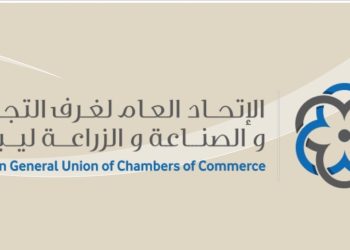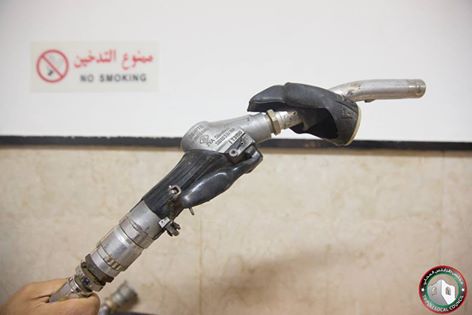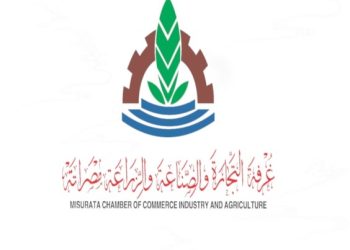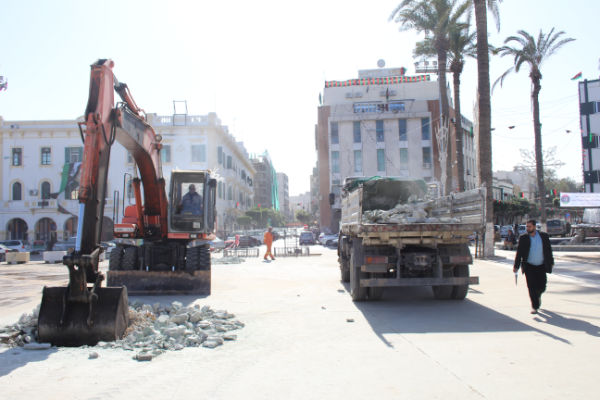Tripoli, 18 February 2013:
This was the reaction of Herman Klijnsma, chairman of the Dutch Libyan Cooperation Council (DLCC), when asked why . . .[restrict]the Netherlands was not present at last week’s Ministerial Conference on Libya, held in Paris on 12 February. “I don’t know why we were not there, I want to find out,” Klijnsma said.
The meeting was attended by several EU countries – France which hosted the meeting, the United Kingdom, Germany, Denmark, Spain, Malta and Italy. “I can understand why these countries were present, they all were active and early supporters of the revolution, but so were we”, says Klijnsma, who pointed out Germany’s presence at the Paris meeting “despite the fact that it declined to join us and the other allies to take part in NATO’s Unified Protector to help free Libya two years ago”, Klijnsma commented.
Klijnsma reported that he had learned from reliable Libyan sources that there might be several reasons why the Netherlands was not in Paris. “Apparently we are not generally viewed as a member of the alliance supporting Libya during the revolution, which is quite frustrating if not alarming to hear, nor are we considered a major European player nor a significant trade partner of Libya”.
Nevertheless, Klijnsma says he is plans intensify the DLCC’s efforts to ensure the Netherlands become one of Libya’s “preferred partner countries” in the not too distant future — “despite cynics who think this will be an uphill battle ”, he says. “They argue that the Dutch were either not invited at all or that the invitation was declined for some reason or another.”
The Dutch government, he says, is nonetheless seriously interested in stronger relations with Libya, as is the DLCC.
“In the mean time we go on working hard to realize our recently launched plan to establish two international Think Tanks – one for ’Security Sector Reform’ (SSR) to build Libya’s security sector and one for building a state-of-the-art healthcare system in Libya.”
According to Klijnsma, the proposed Dutch-Libyan SSR think tank initiative could very well fit into the plans launched at the Paris meeting last Tuesday, which was primarily focused on security matters and the legal sector. “The Netherlands can provide Libya with internationally renowned experts in these fields who are available”, he says, adding ”the same goes for healthcare, because a recent independent study, the Euro Health Consumer Index 2012 Report, concludes that the Netherlands has the best healthcare system in Europe”.
At the end of February or early March the DLCC has arranged for a meeting to take place in Tripoli between the Dutch University Hospital in Maastricht and the Abu Salim Trauma Hospital in Tripoli to discuss possible cooperation.
Also planned is a a meeting with one or more senior representatives of the Libyan Ministry of Health to exchange views on how to follow up on the proposal for building the new Libyan healthcare system. A provisional general outline of this proposal was prepared by the DLCC and Libyan Doctor Hakim Aljadk of the Abu Salim Hospital, who already has had exploratory talks about it with the Ministry of Health. [/restrict]







